
Caitlyn Jenner, who won the men’s Olympic decathlon gold medal as Bruce Jenner in 1976 before transitioning decades later, has voiced opposition to biological males who say they are female competing in girls’ sports at school.
Jenner, 71, a member of the extended Kardashian reality TV clan who is running for Republican governor of California, told TMZ: “This is a question of fairness. That’s why I oppose biological boys who are trans competing in girls’ sports in school. It just isn’t fair. And we have to protect girls’ sports in our schools.”
Jenner’s views on girls’ sports are at odds with US President Joe Biden who signed an executive order in his first days in office to guarantee ‘equality in schools’. That has been interpreted as forcing public schools to accept biological males who who identify as female to compete in sports or lose Government funding.
Guidelines set by the National Collegiate Athletic Association requires just one year of hormone treatment for male-bodied ‘trans-women’ athletes to compete on a female team, while female-bodied, trans men remain eligible to compete in women’s sports until the athlete begins a transition by taking testosterone.
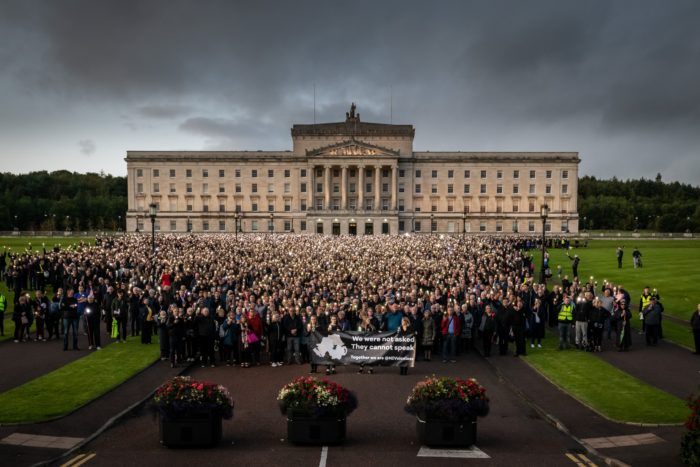
The Irish Presbyterian Church has castigated the Westminster parliament’s confirmation of abortion powers given to the Northern Ireland Secretary of State as seriously undermining devolution and as devastating for the protection of unborn children.
On Tuesday last, the House of Commons voted 431 to 89 to formally approve regulations which enable Brandon Lewis to compel the region’s health department to roll out an abortion regime over the objections of the Executive.
Last month, a cross-party majority decision in the Stormont Assembly rejected the Abortion (Northern Ireland) 2021 legislation. The 48-12 vote rejection came from across the unionist/nationalist divide.
All of the denominations in Northern Ireland, including the Church of Ireland, Roman Catholic, Methodist, Baptist and Free Presbyterian churches are strongly opposed to the liberal abortion laws.
The Belfast News Letter, over two pages of advertisement, carried a strongly-worded letter of condemnation of the proposed abortion legislation from 250 ministers, rectors and pastors from right across the Protestant religious spectrum.
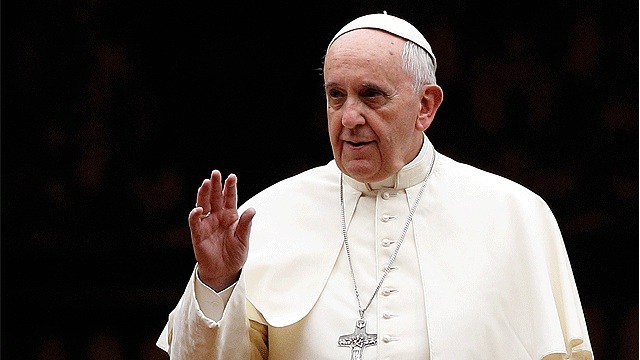
Pope Francis launched a daily praying of the rosary over the month of May for an end to the Covid-19 pandemic and associated lockdowns.
In a press release announcing the initiative, the Vatican said, “in response to the Holy Father’s heartfelt wish, the month of May will be dedicated to a ‘marathon’ of prayer, to ask for the end of the pandemic, which has afflicted the world for more than a year now, and to ask for the resumption of social and work activities”.
The Rosary will be led from a different Marian Sanctuary each day during May and will be broadcast by Vatican Media, beginning at 6 pm Rome time. It can be followed on the Vatican News web portal, on Facebook and YouTube channels, and via radio and television transmissions by partner organizations throughout the world, including EWTN in Ireland.
On May 10th, the rosary will be recited from Knock Shrine in Mayo.

Archbishop Salvatore Cordileone of San Francisco has become the latest American bishop to advocate barring Catholic public figures who support abortion rights from communion, as debate on the topic continues to grow since President Joe Biden, the country’s second Catholic president and a pro-choice Democrat, took office.
Cordileone’s letter is also significant because House Speaker Nancy Pelosi, another pro-choice Catholic Democrat, resides in the Archdiocese of San Francisco.
“Our responsibility to the rest of the Catholic community is to assure them that the Church of Jesus Christ does take most seriously her mission to care for ‘the least of these,’ as Our Lord has commanded us, and to correct Catholics who erroneously, and sometimes stubbornly, promote abortion,” wrote Cordileone.
“This correction takes several forms and rightly begins with private conversations between the erring Catholic and his or her parish priest or bishop,” he continued. “Because we are dealing with public figures and public examples of cooperation in moral evil, this correction can also take the public form of exclusion from the reception of Holy Communion.”
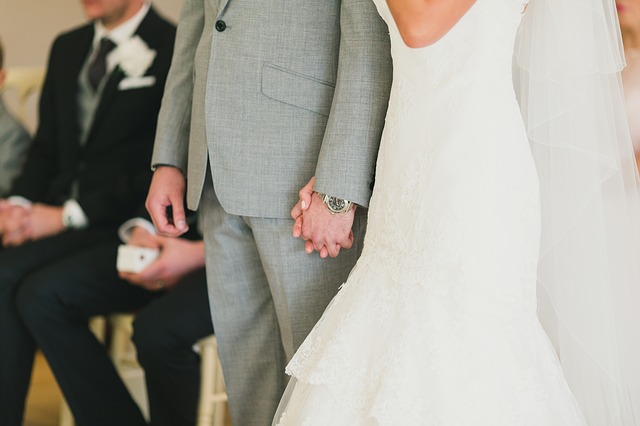
There was a sharp decrease in the number of couples getting married last year, according to data released by the Central Statistics Office (CSO) on Friday.
The number of marriages celebrated in 2020 – 9,523 – is a reduction of 53.1 per cent when compared with 2019, when 20,313 marriages took place. The CSO said this reflected the impact of Covid-19 restrictions on wedding plans.
The figures also show that Catholic marriages were less popular than civil marriages for the first time last year. Some 42.1 per cent of marriages were in civil ceremonies in 2020, compared to 34.6 per cent in Catholic services.
Almost half of couples last year (49.8 per cent) opted for a non-religious marriage ceremony last year – be it civil or humanist in nature, while just over half opted for a religious service.
Atheist Ireland said the CSO figures “show yet again that Ireland is no longer a Catholic country”.
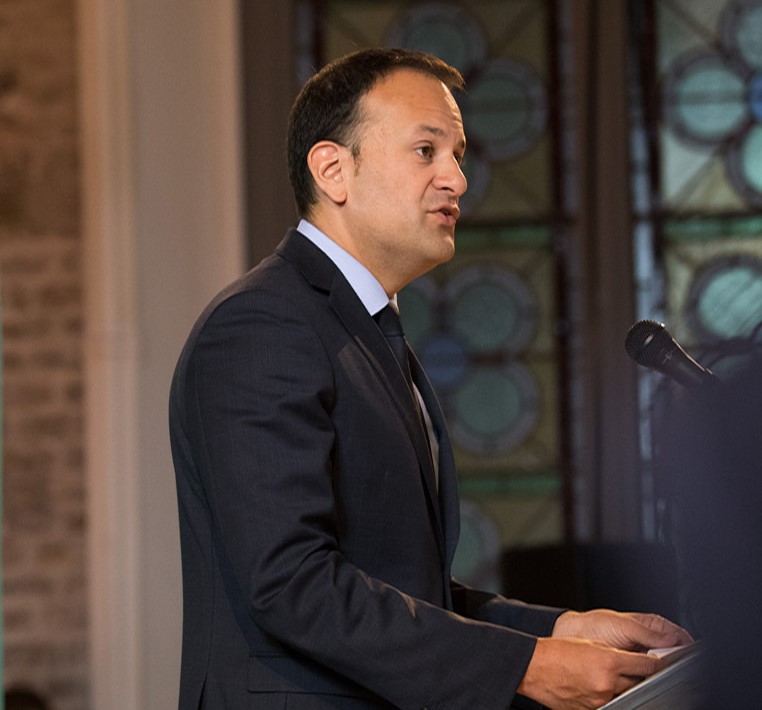
The Tánaiste has defended the slow rate of the transfer of schools from faith-based patrons and affirmed the right of parents to choose the kind of school they want for their children.
He was responding to an attack from the Co-chair of the Social Democrats, Roisin Shortall, who said divestment was occurring at an untenable snail’s pace, and that it was “wrong that the church is given a choice about the type of education children receive but Irish parents are not”.
Leo Varadkar, however, said that transfer of patronage should be done with consent and when he talks to parents, many of them say they “like the model they have and the way their school works”.
He added that it is important to listen to parents and students, where appropriate, and ask them what model of education they want.
“One will often find that there are children and families from a diversity of backgrounds attending the local parish Catholic diocese school who are not looking for a change in patronage. They like the school and the way it operates and they do not want it to change fundamentally. We need to bear that in mind also. Very often, migrants who come to Ireland want to send their child to the local Catholic parish school because to them that is integration”.
Relatedly, the Tánaiste also affirmed that a school’s RSE policy must be developed “in consultation with school management, parents, teachers and students, as appropriate”. And that, while the ethos of the school should never preclude learners from acquiring knowledge about the issues involved, nonetheless it “may influence how the content is treated.”

There is an apparent unwillingness by Irish authorities to comment on the use of puberty-blockers, an experimental treatment administered to children suffering from gender dysphoria.
When The Irish Times separately asked the Department of Health, the HSE, and Children’s Health Ireland (CHI) if they intended to review the delivery of puberty blockers to children, each responded by referring the question somewhere else.
“This query is operational in nature and best directed to the HSE and to Children’s Health Ireland,” said the department.
“This query is best directed to Children’s Health Ireland,” said a spokeswoman for the HSE.
“As the HSE are commissioners of this service is it more appropriate that you contact them with you request for a comment,” said CHI.
CHI runs the Children’s Hospital in Crumlin, where children and young people with gender dysphoria are treated, with some being prescribed puberty blockers. It is indemnified by the State for the delivery of the drugs.
The query follows major changes in the UK after the High Court ruled minors are not in a position to give consent to the treatment and a significant report from the health service on their lack of effectiveness.
The study found that the quality of evidence in support of the treatment was “very low”.
On one of the critical outcomes – whether the treatment led to improvement in the quality of life – the report said “no evidence was identified”.
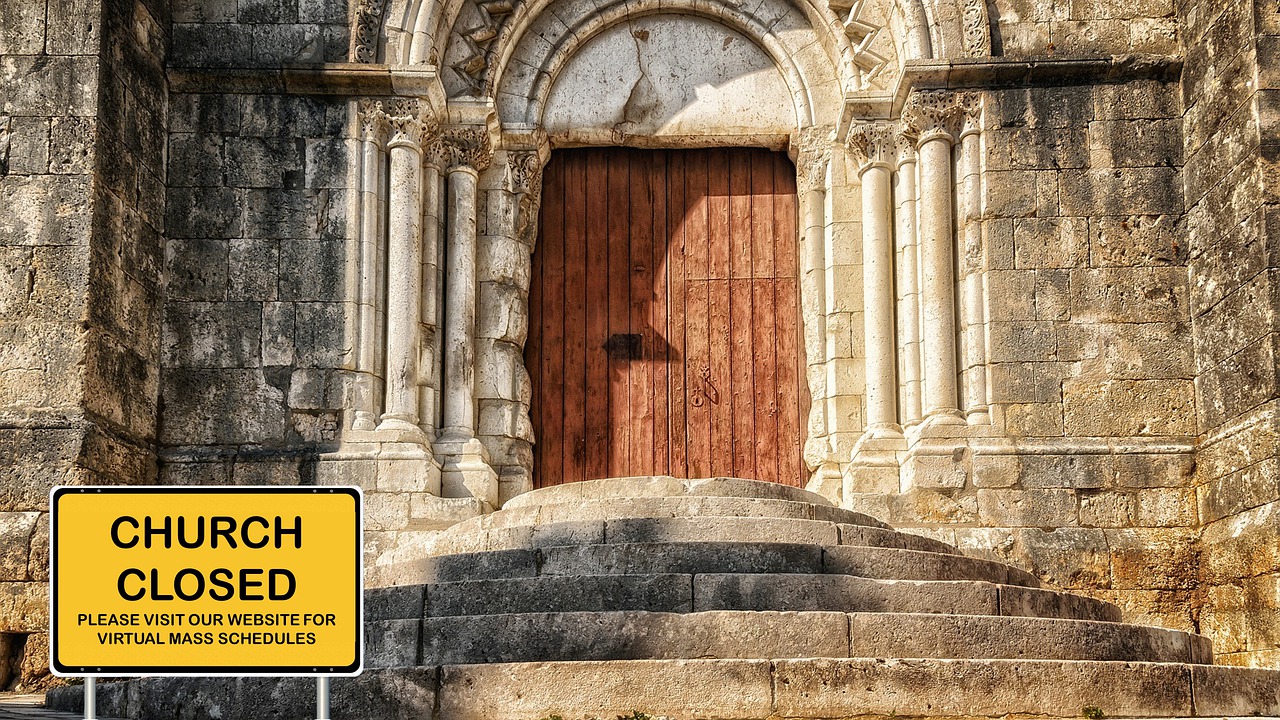
Taoiseach Micheál Martin has confirmed that the draconian restrictions on public worship will be eased from May 10th. Ireland is currently the only country in Europe banning public worship.
In an address to the nation last night, Mr Martin confirmed that the current ban will continue for almost another two weeks.
Some confusion reigned as to what the new restrictions would be. Mr Martin indicated that there would be a maximum limit of just 50 worshippers irrespective of whether people have been vaccinated or not and despite the size of the church.
However, the official Government publication simply said there would be a “recommencement of in-person religious services,” on 10 May without listing any limit.
It did however state that up to 50 people will also be able to gather for funerals and wedding ceremonies.
It also “advised that other religious ceremonies such as Communions and Confirmations should not take place at this time”.
The Irish Government has had the longest and most sever restrictions on religious services in all of Europe and currently remains the only jurisdiction in Europe with a blanket ban on public worship.

A new Catholic RSE program, and the pace of divestment of faith-based schools, came in for attack in the Dáil yesterday.
Flourish, which is new RSE material for Catholic primary schools, describes sex and puberty as a “gift from God”, and says marriage is between a man and a woman has been developed by the Irish Bishops’ Conference for junior infants to sixth class.
An accompanying document says that there is no such thing as an “ethos free” approach to RSE since it must be rooted in some particular value system.
It says the Catholic school must consider these topics within “a moral framework that reflects the teachings of the Church”.
It adds that the biological aspects of the Flourish programme are entirely in line with the NCCA curriculum, and the programme will be amended, if necessary, when the council’s review of relationships and sexuality education is completed.
Criticising the program, the Social Democrats co-leader Róisín Shortall asked the Taoiseach Leo Varadkar: “Teaching children that relationships can be placed in a hierarchy depending on sexual orientation should be an anathema in any modern republic. Do we really want LGBTQ+ children, who may be struggling with their sexual orientation, to be taught in schools that their relationships are in any way less worthy, meaningful, loving or deserving of respect than their heterosexual peers? That is the inference of this programme.”.
“Sex education needs to be fact based, and facts do not have an ethos.”
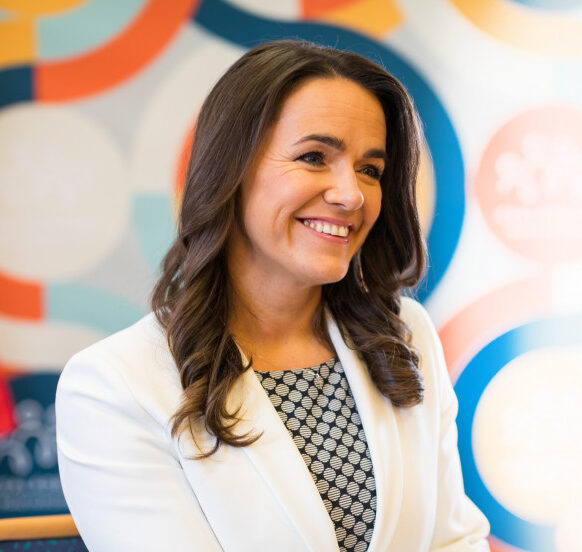
Lawmakers on Wednesday overwhelmingly passed legislation which largely exempts the income of Hungarians under the age of 25 from personal income tax (PIT).
In addition, newlyweds will be eligible for new family tax benefits after they turn 25.
The country already offers a lifetime tax exemption for mothers of four children.
According to the law adopted with 166 votes in favour and one against, people under 25 will receive a new general income tax exemption on employment income up to a figure equal to the average national salary.
According to a model by GKI, so-called public earners can take home 12,200 forints (EUR 34) more per month, those earning a minimum wage, 24,200 forints (EUR 67) more per month, those earning the guaranteed minimum wage, 31,600 forints (EUR 88) per month, and those employed on average wages, 58,600 forints (EUR 163) more due to the exemption.
Prime Minister Viktor Orban announced the plan in January. It is similar to one approved in Poland in 2019. Croatia followed last year with a personal income tax exemption for those under 25, ostensibly to cut so-called “brain drain” tied to young people emigrating abroad.
Welcoming the vote, Minister for Families, Katalin Novák said it will help young people in their transition to adulthood.